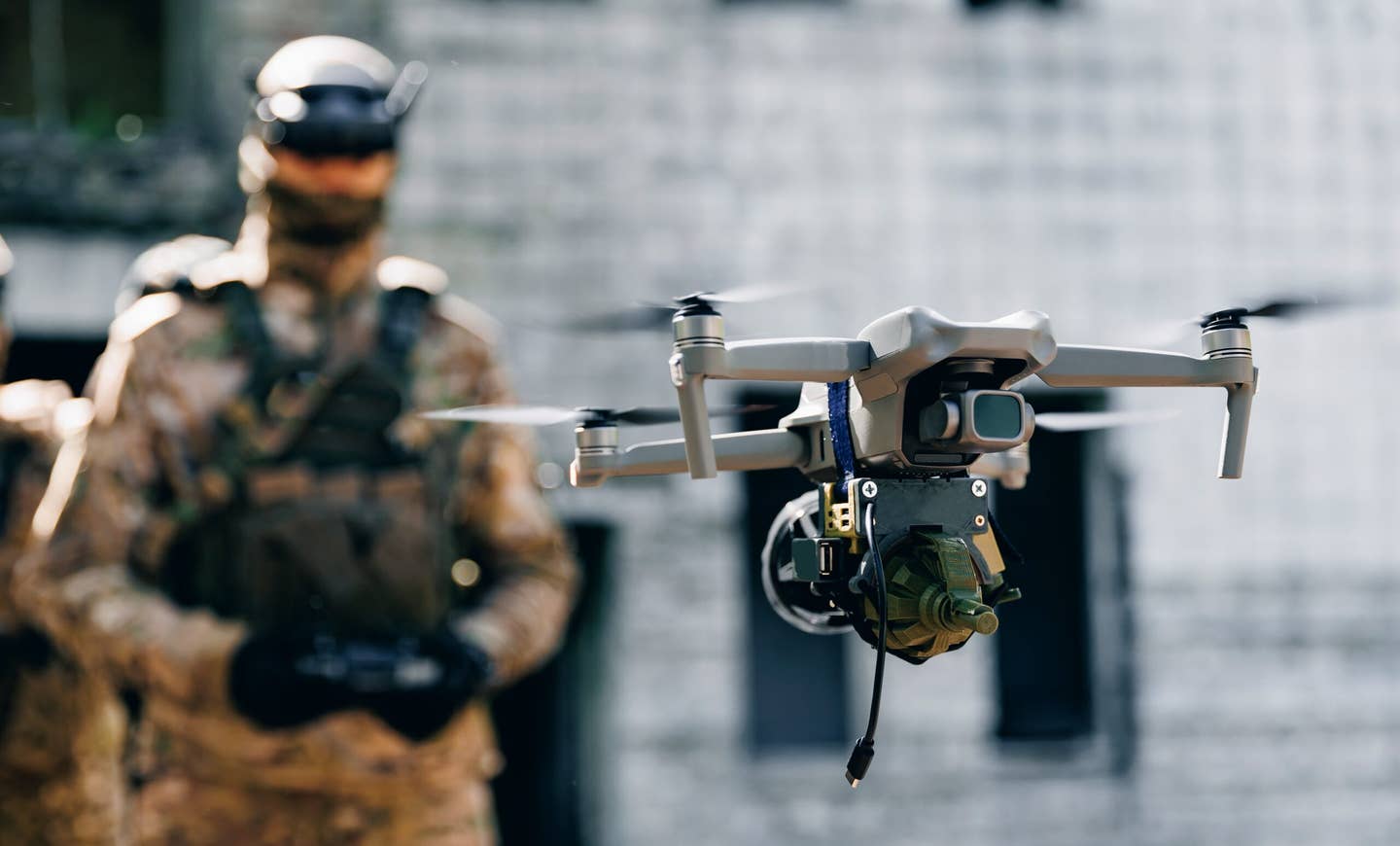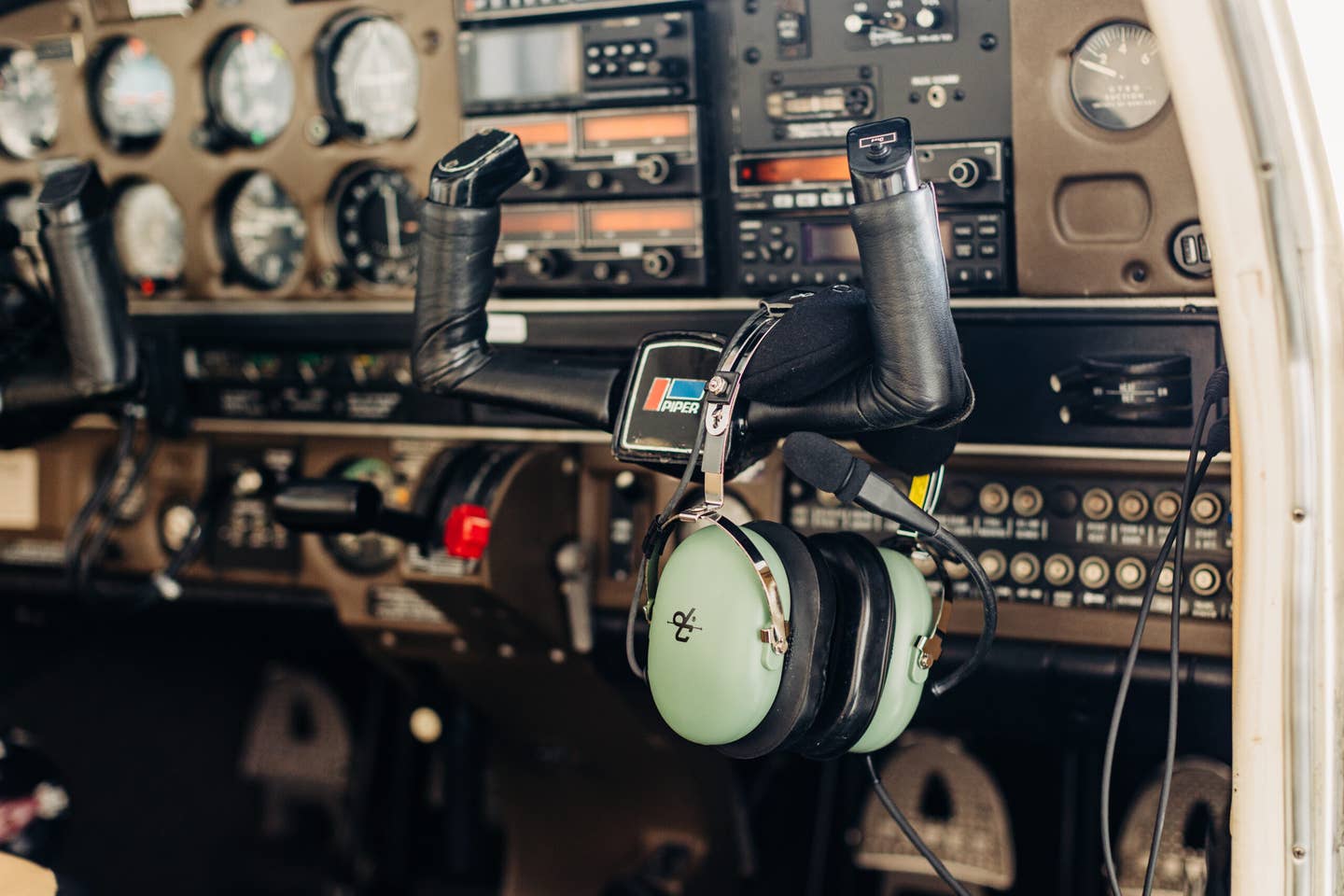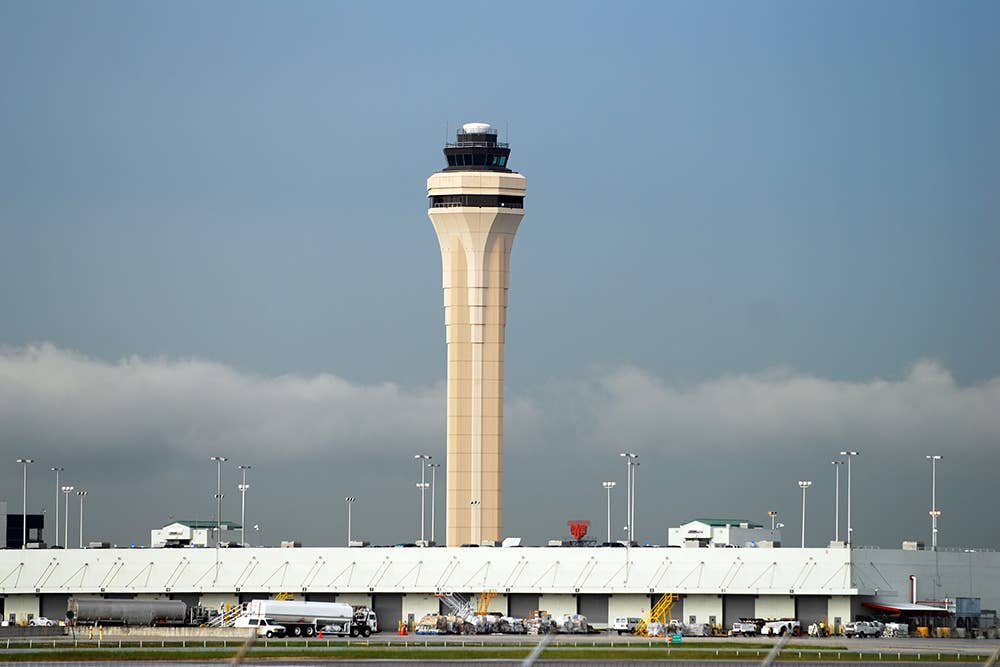Veterans History Project Collecting WASPs’ Heroic Stories
The Veterans History Project is reaching out to the remaining WASPs and their families and friends, asking that they share their experiences.
![Women Airforce Service Pilots (WASPs) Frances Green, Margaret (Peg) Kirchner, Ann Waldner and Blanche Osborn (left to right) leaving their B-17 Flying Fortresses, Pistol Packin' Mama, at the four engine school at Lockbourne AAF, Ohio. [Photo: U.S. Air Force]](https://www.flyingmag.com/uploads/2023/10/Group_of_Women_Airforce_Service_Pilots_and_B-17_Flying_Fortress.jpg?auto=webp&auto=webp&optimize=high&quality=70&width=1440)
Women Airforce Service Pilots (WASPs) Frances Green, Margaret (Peg) Kirchner, Ann Waldner and Blanche Osborn (left to right) leaving their B-17 Flying Fortresses, Pistol Packin’ Mama, at the four engine school at Lockbourne AAF, Ohio. [Photo: U.S. Air Force]
This year I celebrated my 20th trip to EAA AirVenture. The annual event is marked by a group photo shoot by Women in Aviation. For many years, the members of the Women Airforce Service Pilots (WASPs), wearing their distinctive blue pants and white blouses, were always in the front row in a place of honor.
This year, there were none. This was not a surprise, as many of these women, part of what Tom Brokaw dubbed "The Greatest Generation," are too frail to travel. Before they head West, the Veterans History Project wants to capture their stories.
About VHP
The Veterans History Project (VHP) was established in 2000 by Congressional legislation as a means to tell the stories of veterans. The tales are recorded and archived as part of the American Folklife Center at the Library of Congress. VHP is reaching out to the remaining WASPs and their families and friends, asking that they share their experiences.
The WASPs served in noncombat flying roles from August 1943 until they were disbanded in December 1944. They endured the same training the men did and flew the same aircraft, including test flights, target towing, and ferrying airplanes around the country. Yet they were not considered soldiers. When the group was disbanded, members were told to "go home and keep their mouths shut," which they did, not even telling their families how they had served. They weren't even recognized as veterans until November 1977 when President Jimmy Carter signed a bill recognizing them for their honorable deeds. In 2009, President Barack Obama awarded the WASPs the Congressional Gold Medal.
Kerry Ward, a liaison specialist with VHP who oversees the collection of the stories— thousands of hours of oral histories, letters, photographs, and diaries from veterans and their families.
"It can be a journey of discovery,” said Ward.
In addition to audio- and video-recorded oral history interviews, VHP accepts unpublished memoirs and collections of original photographs, letters, diaries/journals, 2D artwork, and other historical documents from those who served in the U.S. armed services. VHP can also help people find out more about a family member or friend who served.
- READ MORE: WASP to Commemorate 80th Anniversary
"The place to start [is the] loc.gov/vets archival side as well as the participatory side of the project," said Ward, noting that since 2000, VHP has collected more than 117,000 stories from veterans and Gold Star families, including experiences from World War I to current conflicts.
Many veterans didn't want to talk about the war after they came home, so their children never knew about their experiences until after the parent had died and the children were going through belongings and found evidence of their service.
It's particularly poignant when they find out their mother served. I have seen this firsthand. I was working at King County/Boeing Field (KCIA) in Seattle when a woman came to me with a blue cap and a pair of tarnished silver wings with a diamond in the center. She found them as she was going through a trunk that belonged to her recently deceased mother. I recognized them immediately—her mother had been a WASP, and her family never knew.
The WASPs were not the only women to serve. Ward noted that VHP is also seeking stories about the women known as “Code Girls.” These women were among some 10,000 who served as cryptographers and cryptanalysts or code makers and code breakers during World War II. They were recruited from within various branches of the military and worked in secrecy to break German and Japanese codes.
"They were recruited if they were good at puzzles," said Ward. "The work they did was so secret, they had to tell everyone they were secretaries.”
Sometimes the veterans are a little hesitant to share their stories around family members. "For them we have a set of draft questions and they start with those," Ward said.
For more information, visit https://www.loc.gov/vets.

Sign-up for newsletters & special offers!
Get the latest FLYING stories & special offers delivered directly to your inbox






